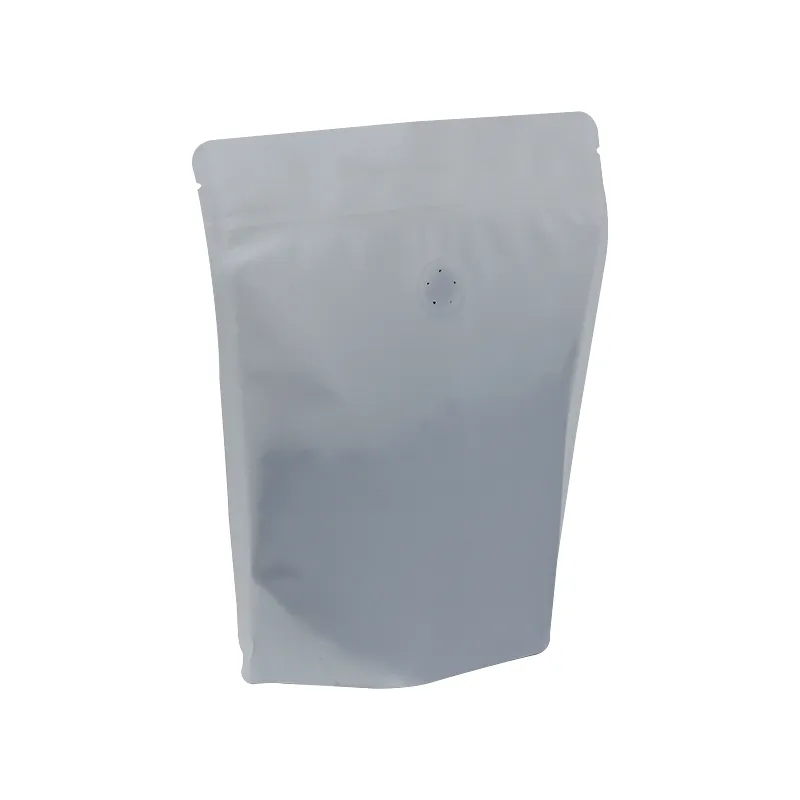Email: enid@bc-pak.com
Tel: 86-757- 88811186
- Afrikaans
- Albanian
- Amharic
- Arabic
- Armenian
- Azerbaijani
- Basque
- Belarusian
- Bengali
- Bosnian
- Bulgarian
- Catalan
- Cebuano
- chinese_simplified
- chinese_traditional
- Corsican
- Croatian
- Czech
- Danish
- Dutch
- English
- Esperanto
- Estonian
- Finnish
- French
- Frisian
- Galician
- Georgian
- German
- Greek
- Gujarati
- haitian_creole
- hausa
- hawaiian
- Hebrew
- Hindi
- Miao
- Hungarian
- Icelandic
- igbo
- Indonesian
- irish
- Italian
- Japanese
- Javanese
- Kannada
- kazakh
- Khmer
- Rwandese
- Korean
- Kurdish
- Kyrgyz
- Lao
- Latin
- Latvian
- Lithuanian
- Luxembourgish
- Macedonian
- Malgashi
- Malay
- Malayalam
- Maltese
- Maori
- Marathi
- Mongolian
- Myanmar
- Nepali
- Norwegian
- Norwegian
- Occitan
- Pashto
- Persian
- Polish
- Portuguese
- Punjabi
- Romanian
- Russian
- Samoan
- scottish-gaelic
- Serbian
- Sesotho
- Shona
- Sindhi
- Sinhala
- Slovak
- Slovenian
- Somali
- Spanish
- Sundanese
- Swahili
- Swedish
- Tagalog
- Tajik
- Tamil
- Tatar
- Telugu
- Thai
- Turkish
- Turkmen
- Ukrainian
- Urdu
- Uighur
- Uzbek
- Vietnamese
- Welsh
- Bantu
- Yiddish
- Yoruba
- Zulu
recyclable coffee bags
Views :
Update time : ian. . 11, 2025 09:57
In the vibrant sphere of sustainability, recyclable coffee bags are capturing attention as eco-conscious consumers seek greener alternatives. Leveraging years of expertise in sustainable packaging, this piece delves into the advantages, challenges, and real-world experiences with recyclable coffee bags, offering a trusted resource for both businesses and consumers aiming to make informed decisions.
Consumers looking to make the shift to recyclable coffee bags should seek certifications that attest to the material's recyclability and the manufacturer's commitment to sustainability. Labels like FSC (Forest Stewardship Council) and Cradle to Cradle Certified™ can provide assured levels of trustworthiness. Additionally, partnering with brands that offer end-of-life solutions for packaging, like take-back programs, can further enhance the sustainability journey. While the transition to recyclable coffee bags is promising, challenges remain. The primary hurdle is establishing a universal recycling standard and educating consumers on why and how they should recycle packaging. Brands need to invest in clear messaging and educational campaigns, highlighting the environmental benefits and practical steps for recycling. Those that do tend to establish themselves as leaders in the push towards sustainable packaging, reinforcing their authority within the industry. Furthermore, exploring case studies from pioneering organizations that have successfully integrated recyclable coffee bags can provide valuable insights. These narratives often highlight the path of trial, error, and eventual success, underscoring the importance of perseverance and adaptability in sustainability journeys. Recyclable coffee bags symbolize a beacon of innovation and responsibility in the pursuit of reducing environmental impact. Their development and adoption not only benefit the environment but also serve as a testament to the power of responsible consumption and production. By prioritizing these solutions, we can step closer to a sustainable future—brewing coffee that not only delights the senses but also cares for our planet.


Consumers looking to make the shift to recyclable coffee bags should seek certifications that attest to the material's recyclability and the manufacturer's commitment to sustainability. Labels like FSC (Forest Stewardship Council) and Cradle to Cradle Certified™ can provide assured levels of trustworthiness. Additionally, partnering with brands that offer end-of-life solutions for packaging, like take-back programs, can further enhance the sustainability journey. While the transition to recyclable coffee bags is promising, challenges remain. The primary hurdle is establishing a universal recycling standard and educating consumers on why and how they should recycle packaging. Brands need to invest in clear messaging and educational campaigns, highlighting the environmental benefits and practical steps for recycling. Those that do tend to establish themselves as leaders in the push towards sustainable packaging, reinforcing their authority within the industry. Furthermore, exploring case studies from pioneering organizations that have successfully integrated recyclable coffee bags can provide valuable insights. These narratives often highlight the path of trial, error, and eventual success, underscoring the importance of perseverance and adaptability in sustainability journeys. Recyclable coffee bags symbolize a beacon of innovation and responsibility in the pursuit of reducing environmental impact. Their development and adoption not only benefit the environment but also serve as a testament to the power of responsible consumption and production. By prioritizing these solutions, we can step closer to a sustainable future—brewing coffee that not only delights the senses but also cares for our planet.
Recommend products
Read More >>
Related News
Read More >>













